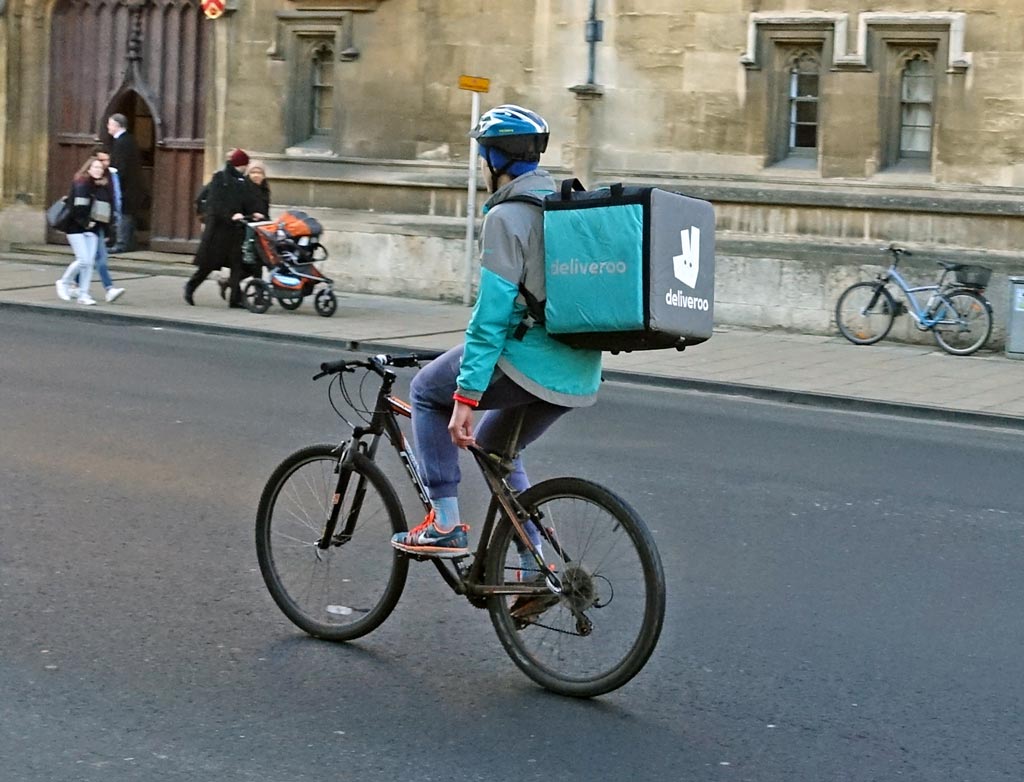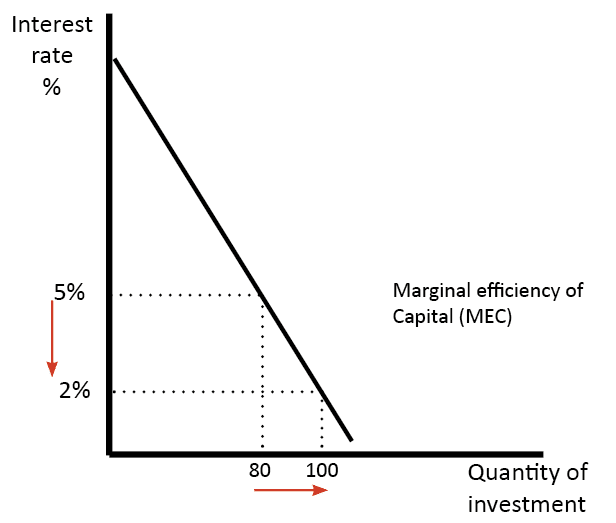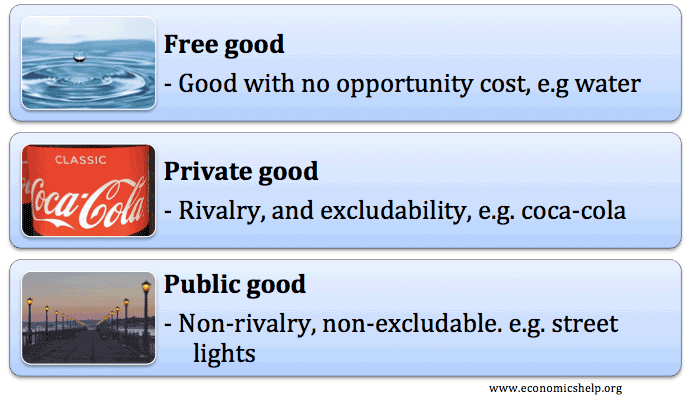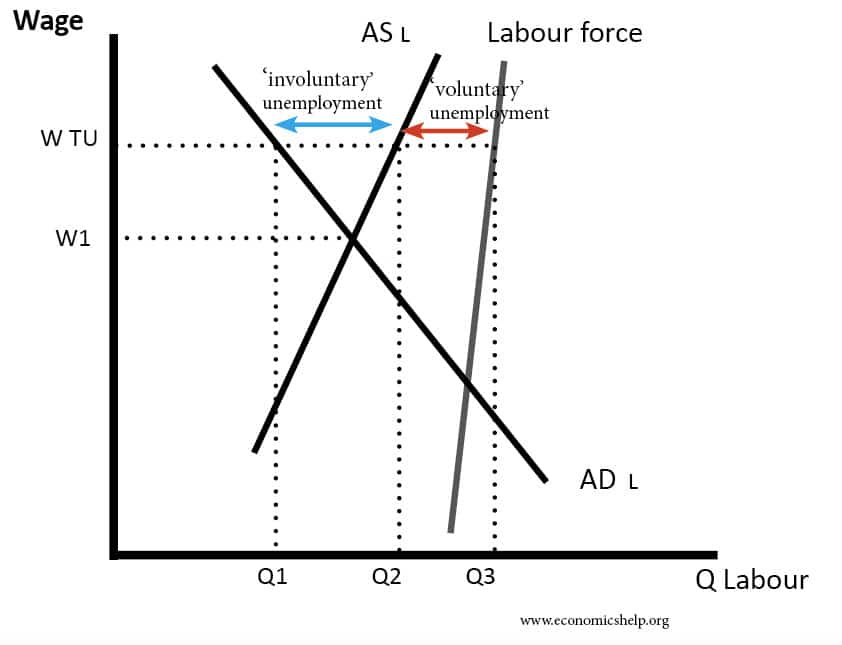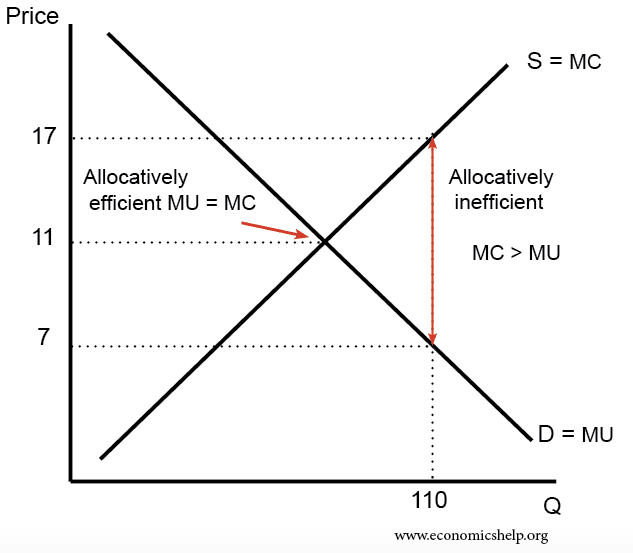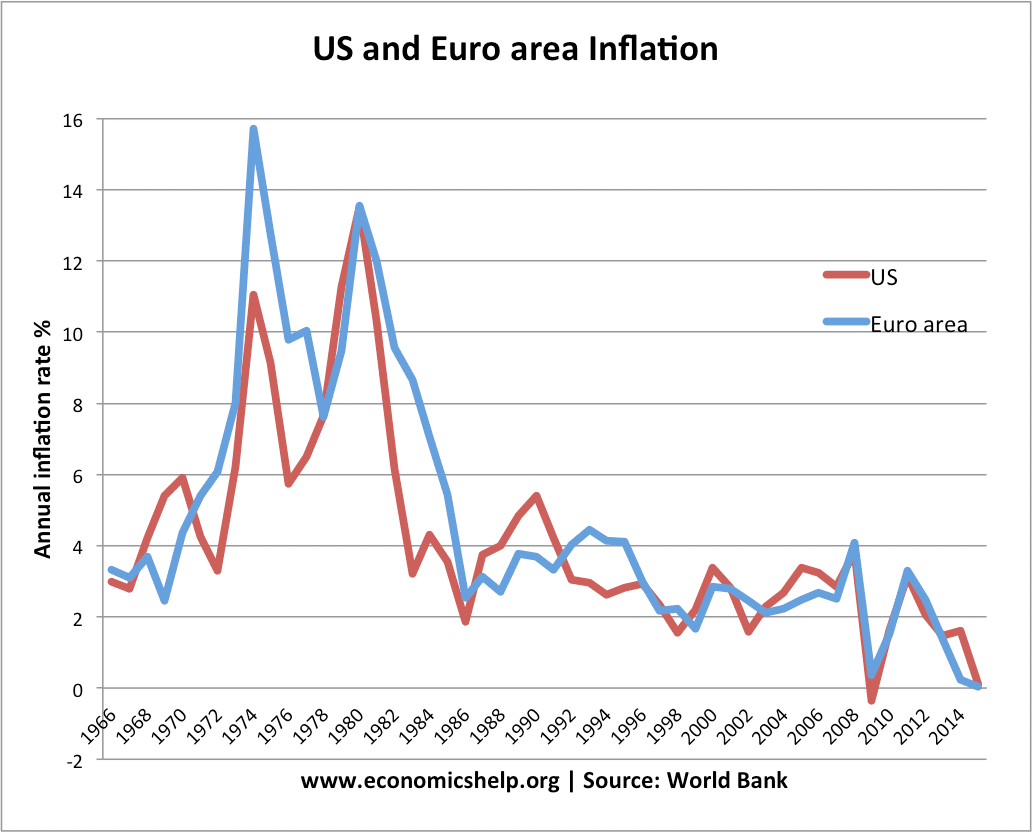The gig economy
The gig economy refers to the segment of the labour market which concentrates on short-term / temporary jobs and contracts. Often these workers can have more than one job, e.g taxi driver who works both for a traditional taxi company and Uber. Like a musician who goes from one gig to the next, the gig …

